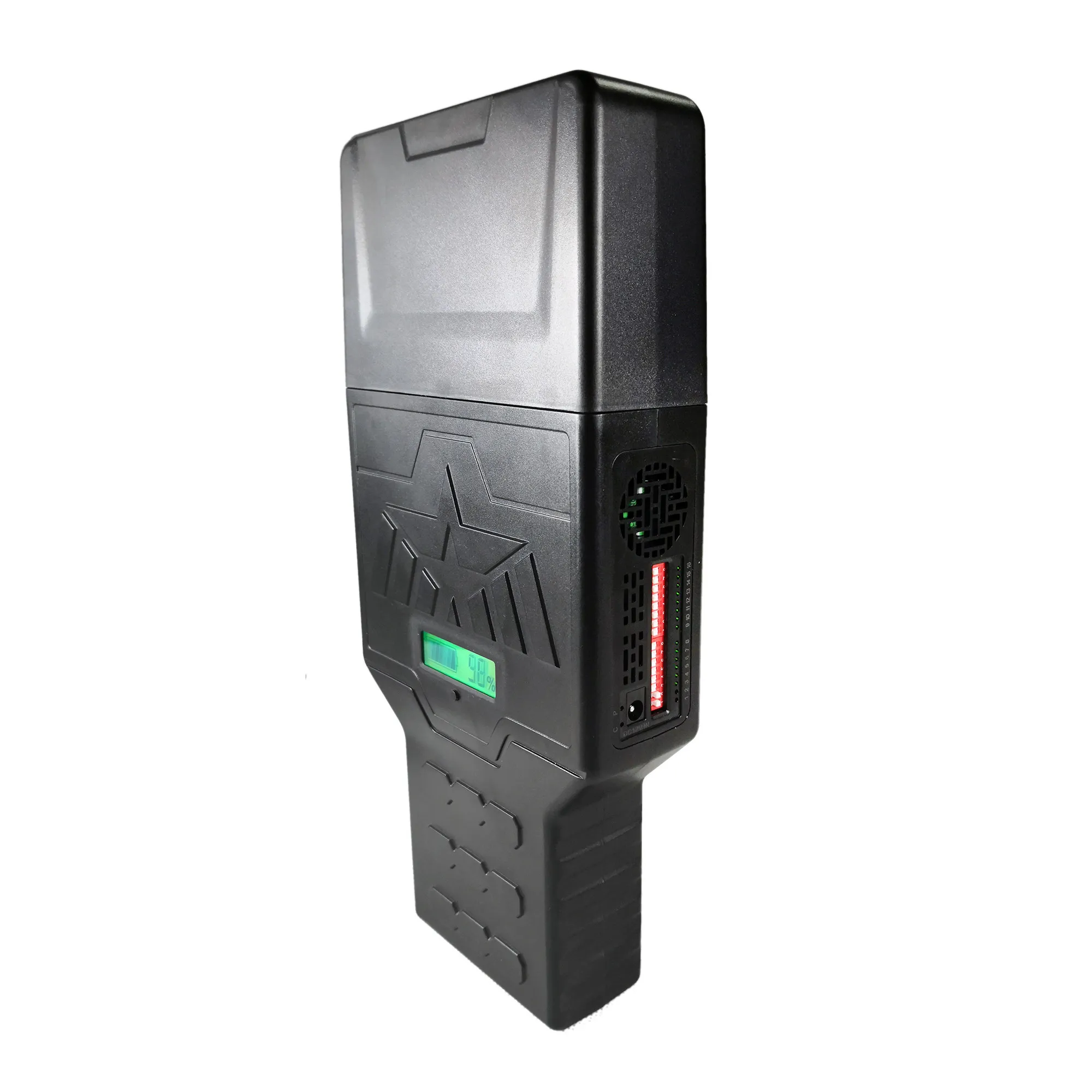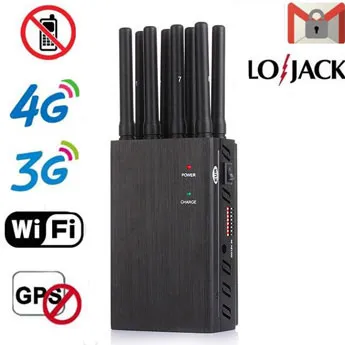
According to a report from a local portal, Mexico’s 12 states have purchased state-of-the-art software along with the country’s military, which allows them to monitor citizens’ computers and mobile phones, although it should be noted that no justice of the peace provides judicial guarantee These tasks. The obtained software has the ability to infect any citizen's mobile phones and computers to steal their information, and there is no legal guarantee for this surveillance, and no software of any kind is illegally used.
The Defence for Digital Rights Network (R3D) has written a study titled "Surveillance Status: Out of Control", and 600 requests for public information have been supported. The report not only reveals the purchase of this software, but also shows the use of it without justification, and there is a potential risk, which represents the privacy of millions of people who do not know they are being spied. There will be three international companies specializing in mobile phone jamming equipment and computer espionage (hacking teams, NSO Group and FinFisher) to sell their programs to government agencies.
The Italian company Hacking Team suffered a leak of emails and internal documents in 2015, which detailed that Mexico was the country that bought the most spyware from it and spent nearly 6 million euros on this. According to these data, about 12 Mexican entities have established business relationships with the Italian spy company. The report determined that the vast majority of authorities that have obtained spyware have no constitutional or legal Power to interfere with citizens' communications using mobile cell phone jammer, and therefore, using them is completely illegal.
Several officials of the organization that acquired the spyware used the product as a reason, believing that they would actually be used by prosecutors with constitutional authorization to intervene in communications. However, the report concluded that, based on the data obtained through requests for public information, people have serious doubts about the legal status and rationality of the investments made.
Another important detail is that in recent years, only two judicial intervention requests have been reported, one in 2014 and the other in 2015. This indicates that the government agency that purchased the software illegally used the mobile cell phone jammers without any legal authorization. Some states report that requests for intervention have not been judicially recognized, which is obviously unreasonable given the high cost of the software purchased.










